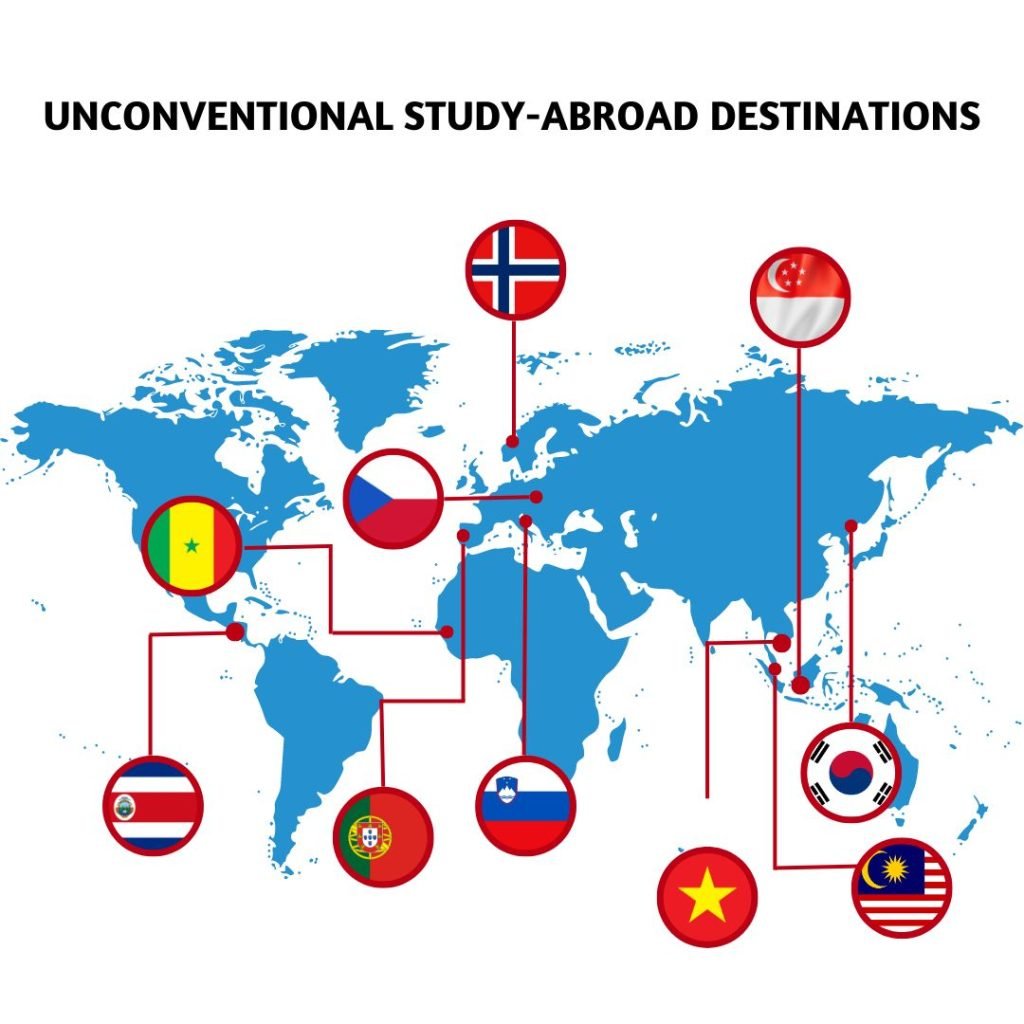For Indian students considering pursuing an MBBS from Russia, the journey doesn’t just end upon graduation. The decision to study MBBS from Russia can be transformative, offering a plethora of opportunities and avenues to explore post-graduation. In this article, we will delve deep into the various post-graduation pathways available after completing an MBBS from Russia, and the steps that Indian graduates must undertake to practice medicine in India.
Exploring Post-Graduation Opportunities After an MBBS from Russia
Upon completion of an MBBS from Russia, graduates are well-equipped with the knowledge and skills required to excel in the medical field globally. One of the primary opportunities available is pursuing further specialization in various fields of medicine. Russia’s medical universities often have affiliations with hospitals and research institutes, providing graduates a chance to engage in cutting-edge research and clinical practice.
Specialization and Further Studies
Graduates with an MBBS from Russia can choose to specialize in areas such as pediatrics, gynecology, cardiology, surgery, and more. Specialization requires enrolling in a residency program, which typically lasts between 3 to 5 years. During this period, graduates undergo rigorous training, combining both practical and theoretical knowledge.
Working Internationally
An MBBS from Russia is recognized in many countries, allowing graduates the flexibility to practice or continue their studies abroad. Countries like the UK, Canada, and the USA are popular destinations for graduates seeking to work or pursue further studies. However, it is crucial to pass the respective medical licensing examinations of these countries, such as the USMLE for the United States, PLAB for the UK, or MCCQE for Canada.
Research and Academic Careers
For those inclined towards academia, an MBBS from Russia paves the way for engaging in research or teaching. Many graduates go on to pursue Masters and Ph.D. degrees in various biomedical fields. Research positions are abundant, with opportunities to work on international projects, contributing to global health solutions.
Returning to India After an MBBS from Russia
For Indian students who return home after their MBBS from Russia, there is a structured process to follow before they can start practicing medicine in India. Understanding and navigating this process is essential for integrating into the Indian healthcare system successfully.
Clearing the Foreign Medical Graduate Examination (FMGE)
The first step for any Indian student with an MBBS from Russia wishing to practice in India is to clear the Foreign Medical Graduate Examination (FMGE). This exam is mandatory to validate the medical knowledge and proficiency of graduates who have studied abroad. It is a rigorous examination that tests the clinical and theoretical knowledge of the candidates.
Internship Requirement
Once the FMGE is cleared, graduates must complete a one-year internship in an MCI-recognized medical college in India. This internship is crucial as it provides hands-on experience in various specialties, helping the graduates acclimate to the medical practices and protocols in India.
Registration with Medical Council of India (MCI)
Following the successful completion of the internship, graduates need to register themselves with the Medical Council of India or the State Medical Councils. This registration is a testament to their eligibility to practice medicine in India, ensuring that they meet all the professional and ethical standards required in the Indian medical sector.
Also Read : STEM Programs Abroad: Enhance Your Technical Skills Internationally!
Continuous Education and Training
After registration, medical practitioners are expected to keep abreast of the advancements in the medical field through continuous education and training. This involves attending workshops, seminars, and conferences, which not only helps in professional development but also in networking with other professionals in the field.
An MBBS from Russia offers a rich ground for building a successful career in medicine. Whether one chooses to pursue specialization, engage in research, or return to India to practice, the opportunities are vast. Each path comes with its own set of challenges and requirements, but with the right guidance and determination, graduates of MBBS from Russia can achieve remarkable success in their medical careers. For those looking to return and practice in India, understanding and completing the required formalities is crucial. Armed with their qualifications and experiences from Russia, they are well-prepared to make significant contributions to healthcare in India and beyond.
Studying MBBS in Russia presents a range of compelling advantages for Indian students, making it one of the preferred destinations for medical education abroad. The allure of Russia’s educational offerings extends from affordability to global recognition, creating a conducive environment for aspiring doctors. Here are the five biggest advantages of pursuing an MBBS in Russia for Indian students:
- Cost-Effectiveness
One of the foremost benefits of studying MBBS from Russia is its cost-effectiveness. Compared to medical education in India, particularly in private colleges, Russia offers a more affordable alternative. The tuition fees for MBBS courses in Russian universities are relatively lower, and the cost of living is also reasonably economical. This financial viability is a significant draw for many Indian students who seek quality education without the burden of excessive loans or high fees.
- No Entrance Exams
In stark contrast to the highly competitive entrance exams required in India, such as NEET, Russian medical universities do not typically require Indian students to clear any additional entrance tests for admission. This open admission policy is based primarily on 12th-grade marks, which alleviates the pressure and stress associated with competitive exams and makes access to medical education more straightforward for many aspiring students.
- Global Recognition and WHO Compliance
MBBS degrees from Russian universities are recognized globally by various international bodies, including the World Health Organization (WHO) and the Medical Council of India (MCI), now succeeded by the National Medical Commission (NMC). This global recognition enables graduates to practice medicine in many countries around the world, provided they clear the respective medical licensing examinations. This universal acceptability opens numerous doors for graduates, ranging from higher education opportunities to employment in healthcare systems across different countries.
- High-Quality Education and Infrastructure
Russian medical universities are renowned for their high-quality education and state-of-the-art infrastructure. These institutions are well-equipped with modern technologies, laboratories, and research facilities that are at par with western standards. The curriculum is comprehensive, updated regularly to keep pace with global standards, and designed to blend theoretical knowledge with substantial practical exposure. This ensures that students not only learn the necessary skills but also apply them in real-world scenarios, preparing them thoroughly for their medical careers.
- Cultural Exposure and Language
Studying MBBS in Russia also offers Indian students significant exposure to a new culture and language. Living and studying in Russia is a culturally enriching experience, broadening students’ perspectives and enhancing their personal growth. While the medium of instruction is English for international students, learning Russian is encouraged and often necessary for interacting with patients during clinical training. This dual language proficiency can be a valuable skill, enhancing a student’s resume and providing additional professional opportunities.
The combination of affordable education, ease of admission, world-class infrastructure, global recognition, and rich cultural exposure makes studying MBBS in Russia an attractive option for many Indian students. These advantages not only alleviate financial burdens but also pave the way for a robust educational foundation, promising international career opportunities, and a diverse professional life. Therefore, for many Indian students aiming to become doctors, Russia stands out as a compelling choice for their medical education journey.






 )
) )
) )
) )
) )
)








 )
) )
) )
) )
) )
) )
)
